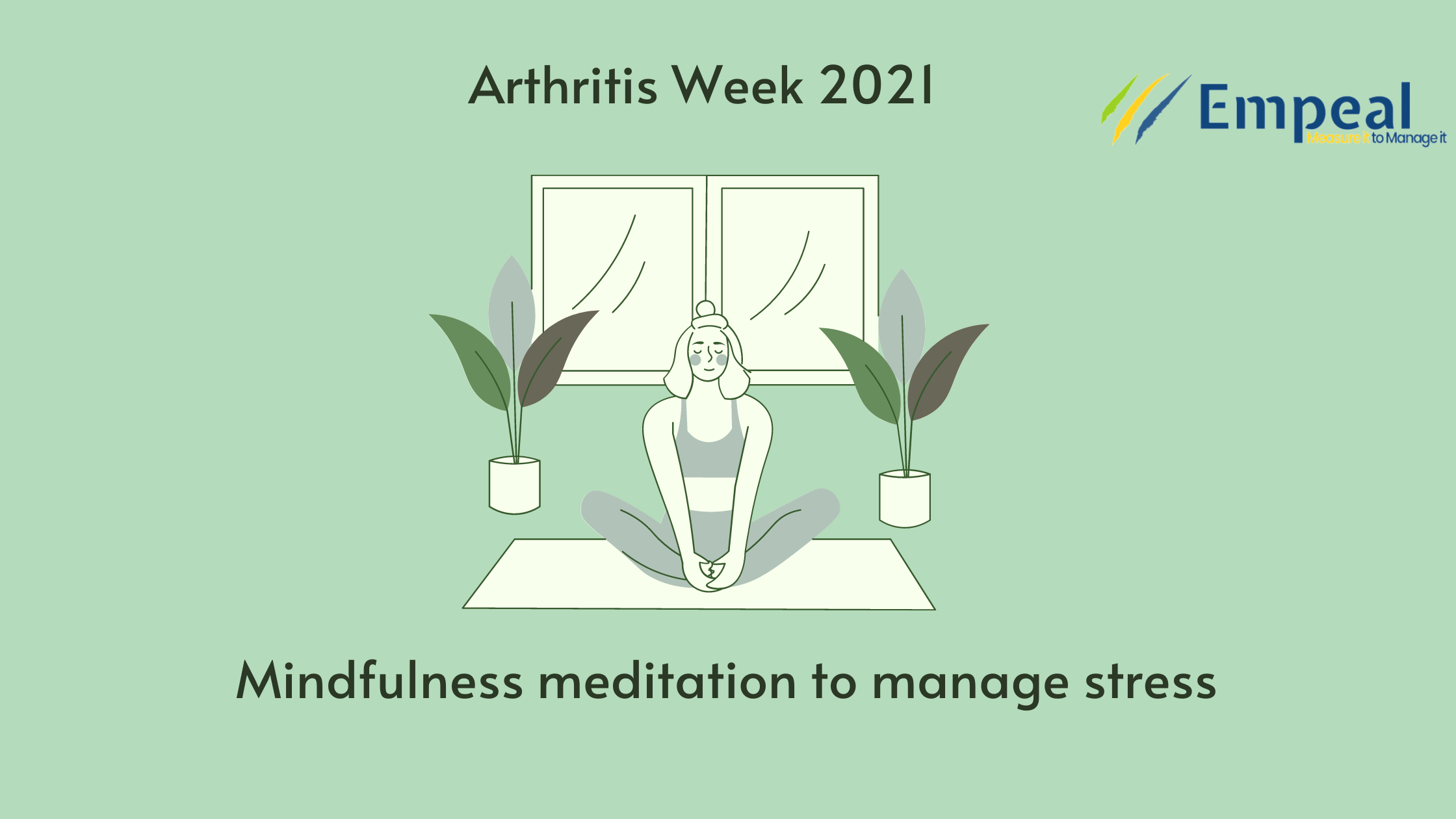Arthritis Week 2021
 15 Apr, 2021
15 Apr, 2021
Arthritis can is a chronic disease that takes the form of many different variations depending on the person. A common misconceived concept of arthritis is that it only affects elderly individuals but in fact, this disease can affect people of all ages including children. Arthritis can be defined as an inflammation of the joints that causes pain and immobility, ranging from mild to severe. In Ireland alone, roughly 915,000 people, including 1 in every 1,200 children, are living with arthritis which makes it the single biggest cause of disability.
Arthritis does not just cause physical pain for some people but can also create mental stress both on the mind and body. Stress can cause an increase of tension on muscles which can lead to further pain for those who suffer from arthritis. Some studies show that the longer a person is exposed to stress the longer the more destructive the inflammation can become in the joints of those who suffer from the disease.
Some studies have shown that managing stress levels can have highly beneficial effects on managing arthritis and pain. One way of managing pain and stress levels is through regular meditation practice. In particular mindfulness meditation is one of the most effective forms of meditation for arthritis. Mindfulness meditation has been seen to increase the well-being and health of individuals who practice it regularly as it focuses on living in the moment. Mindfulness meditation is a useful tool to help with the calming of the body and mind and it can also help with quality sleep and racing thoughts.
Empeal had the privilege to work with Aneta Baraniak, a certified mindfulness and compassion trainer to gain some knowledge about mindfulness and meditation. Throughout a podcast discussion with Sohini De, founder of Empeal, three recommendations were made to individuals who wish to practice mindfulness meditation.
According to Aneta, the first step is to “become more self-aware and to try and notice when you are getting fearful or anxious”. Through acknowledging the emotions, you are feeling it can help to take some of the fear or anxiety away.
The second step “involves acceptance practice which includes drawing yourself into the present moment. This can be done by taking a few deep breathes to help calm the mind. Through recognising that the emotion you are feeling is natural and normal it can help to once again take away some of the fear from the emotion as you are now in tune with how you are feeling”.
The third step involves building strength through “activating self-soothing and self-compassion which has been shown to help bring a person back to a state of calmness”. This state of calmness can be activated through a person asking themselves what they need in the present moment. Allowing yourself to spend a few minutes fulfilling your need allows you to be in the moment to help yourself through a difficult emotion”.
All of these tips can be a great way to anchor yourself when experiencing unpleasant emotions. Acknowledging what you are feeling is an integral part of mediation to pull yourself into the present moment. It is also important to keep in mind that meditation and mindfulness can take time to master and that they will become most beneficial to a person once practised as often as possible.

How Healthy are You?
Get a picture of your current health status and habits by taking our short Health and Wellbeing Check!